Don’t fall for Beijing’s spin on Pelosi’s Taiwan trip

As Beijing considers its response, what is striking is that the conversation is almost all about what the US should or shouldn’t do. It is as if Chinese intransigence is normalised and even accepted as a permanent and unchanging feature in the region.
This way of thinking is not by happenchance but has been developed and encouraged by Beijing. It is part of the Chinese Communist Party’s efforts to influence the way we think about China and the region, such that we become self-critical and timid even when harassed and threatened. This has allowed Beijing to pocket enormous strategic gains at our collective expense.
Regarding the Pelosi visit, I would have preferred that she added her considerable voice as Speaker to also support Taiwan’s inclusion in US President Joe Biden’s Indo-Pacific Economic Framework, fast-track a meaningful comprehensive free trade agreement or sell Taiwan more of the weapons it needs to defend itself. All these measures also would have infuriated Beijing but they would have strengthened Taiwan’s ability to remain a vibrant democracy in practical, not just symbolic, ways.

A deeper problem when dealing with China is that we remain heavily influenced by the four grand narratives that Beijing relentlessly puts to the region and that underpin its extensive information and influence operations: Chinese material and civilisational dominance in the region is the historical norm and is inevitable; the objectives of the CCP are permanent and unchanging; the CCP and the People’s Liberation Army are prepared to pay any price to achieve its core objectives; and the US is an increasingly weak, unpredictable and unreliable ally.
These narratives undermine the principles we promote such as the equal and sovereign rights belonging to all nations, the importance of democracy and liberal institutions, and the idea of fair and peaceful competition. This is the essence of our Free and Open Indo-Pacific concept. It offers a framework to inform what nations ought to do. The suspicion is that they are attractive primarily to the already converted.

Chinese grand narratives work differently in that they shape how we think about an issue to prejudice the range of options that appear plausible. For example, those warning against provoking China on Taiwan uncritically accept that the CCP has had the same Taiwan policy since 1949 and will pay any price to integrate Taiwan into the mainland. Besides, a dominant China eventually will get its way so why (literally) die in the ditch on this issue?
The truth is much more complicated. The CCP has always wanted a Taiwan it has never ruled over. But Beijing’s approach has been a fluid one, as is its sense of victimisation at the hands of external powers. In recent times the CCP reimagined Taiwan as a threat after the latter democratised in 1988, while the PLA began focusing on Taiwan only in the 1990s, partly to justify demands for double-digit budget increases. This occurred when its external environment was more benign than it had been for decades.
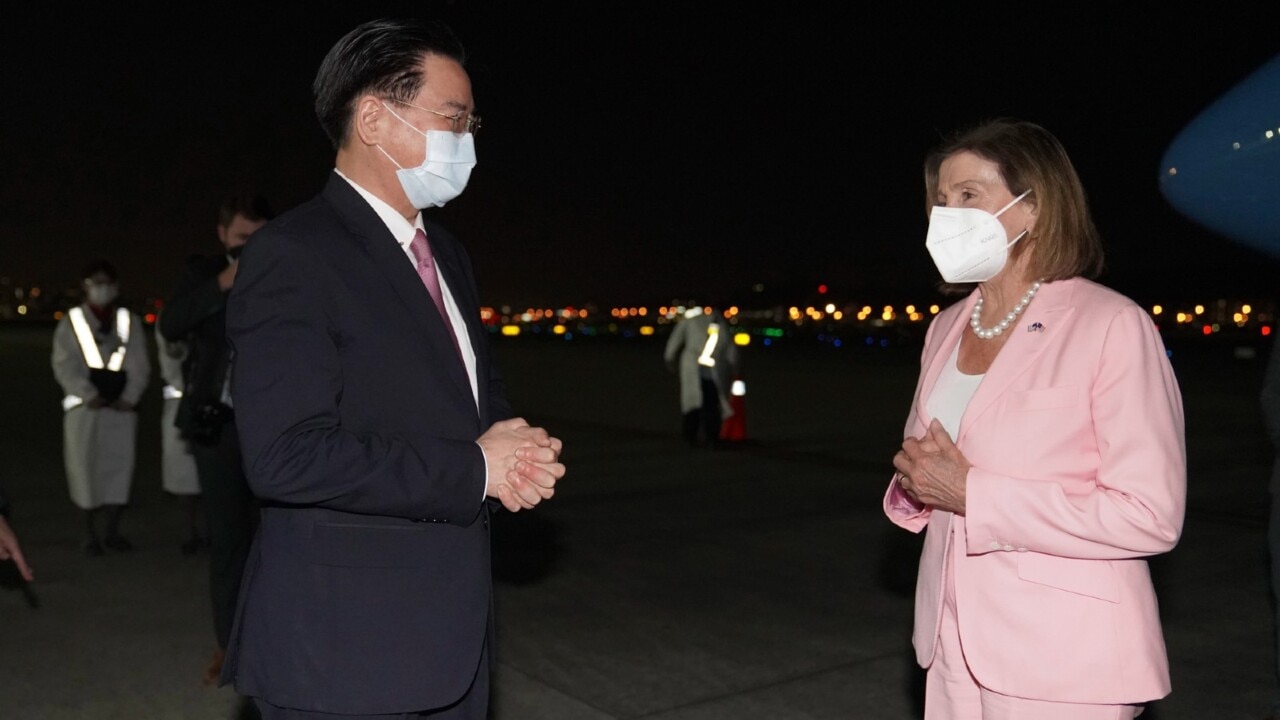
Earlier this century, Beijing’s main goal was to dissuade Taipei from unilaterally declaring independence. In the Xi Jinping era, it is about compelling other countries to cease ongoing interactions with Taipei, coercing the Taiwanese people into submission and preparing the ground to use of force to achieve unification.
The notion that it is the US and not China changing the goalposts vis-a-vis Taiwan is a convenient and self-serving fiction. It is a cunning distortion because any move by the US is presented as a rejection of the status quo, and therefore destabilising and dangerous. Indeed, those criticising Pelosi’s visit or policies to counter the most threatening elements of Chinese behaviour rarely offer criticisms of Beijing’s escalatory and far more destabilising approach – whether these be against Taiwan, in the East and South China seas, Hong Kong and even Xinjiang. It is because these Chinese actions have been internalised.
Now consider how we think and talk about US and Chinese leadership. Many believe Donald Trump is dangerous and deluded while Biden is indecisive and feckless. The latter’s failed attempts to dissuade Pelosi from visiting Taiwan is seen as an example of his weak standing and, more broadly, a US that doesn’t know what it is doing and where it needs to go. This feeds perfectly into the Chinese narrative of US decline.
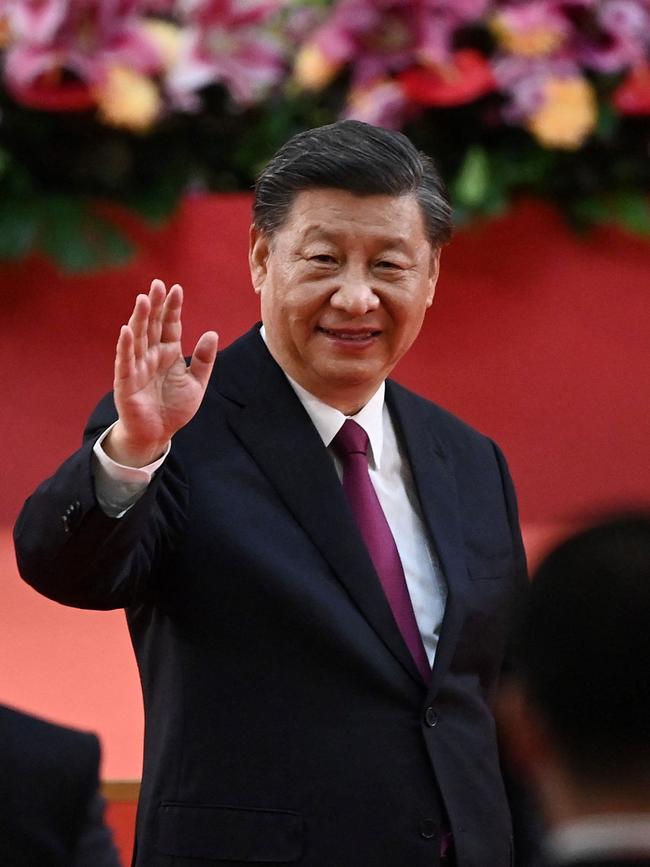
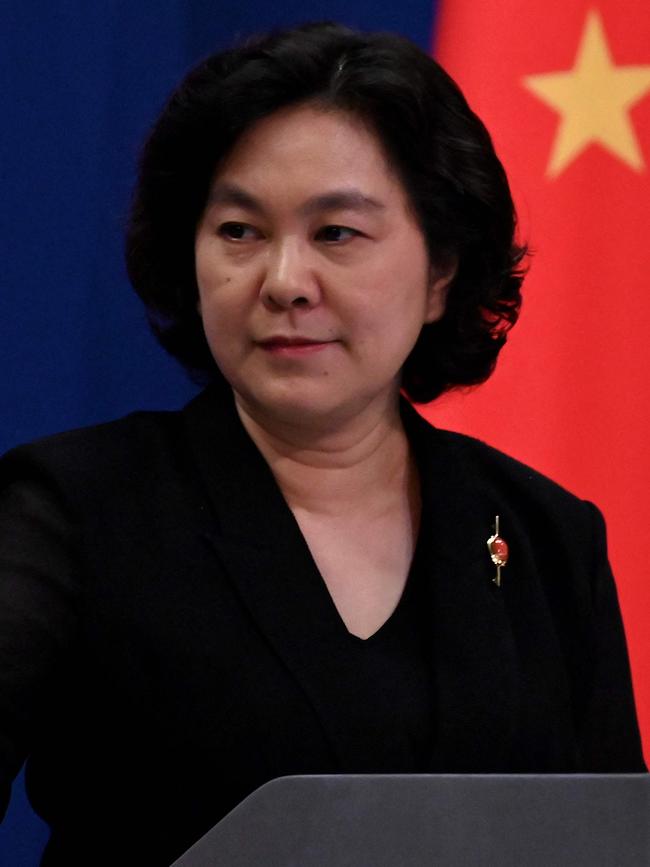
Contrast this with Xi, who is widely characterised as a master strategist and strongman: determined, ruthless and effective. This is despite Xi overseeing a political economy with even more severe structural problems than when he came to power, the emergence of ever more meaningful coalitions against China, the destruction of all diplomatic gains achieved by his predecessor’s “peaceful rise” diplomacy, and the continuation of an oppressive Covid-19 response when much of the world is learning to live with the virus.
The point is that proper perspective about Pelosi in Taiwan or anything else is dependent on the soundness of one’s initial assumptions. The purpose of Chinese narratives is to weaken our resolve, capacity for strategic creativity, and belief in individual and collective agency to shape rather than only react. Better to assess and challenge false narratives and histories, then collectively act in the conviction that Beijing can be compelled to change its calculations and therefore behaviour, including against Taiwan. Doing so creates risk. But walking on eggshells while China is already preparing and readying for war is a far more dangerous proposition.
John Lee is a nonresident senior fellow at the Hudson Institute in Washington, DC. From 2016 to 2018 he was senior adviser to the Australian foreign minister.

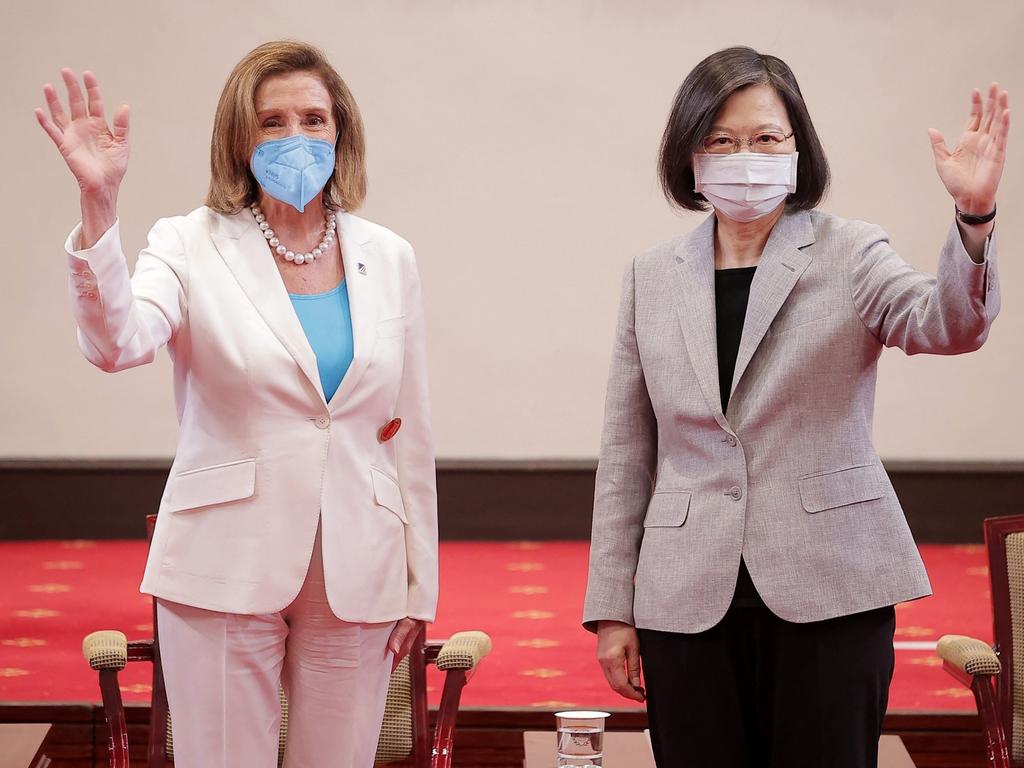
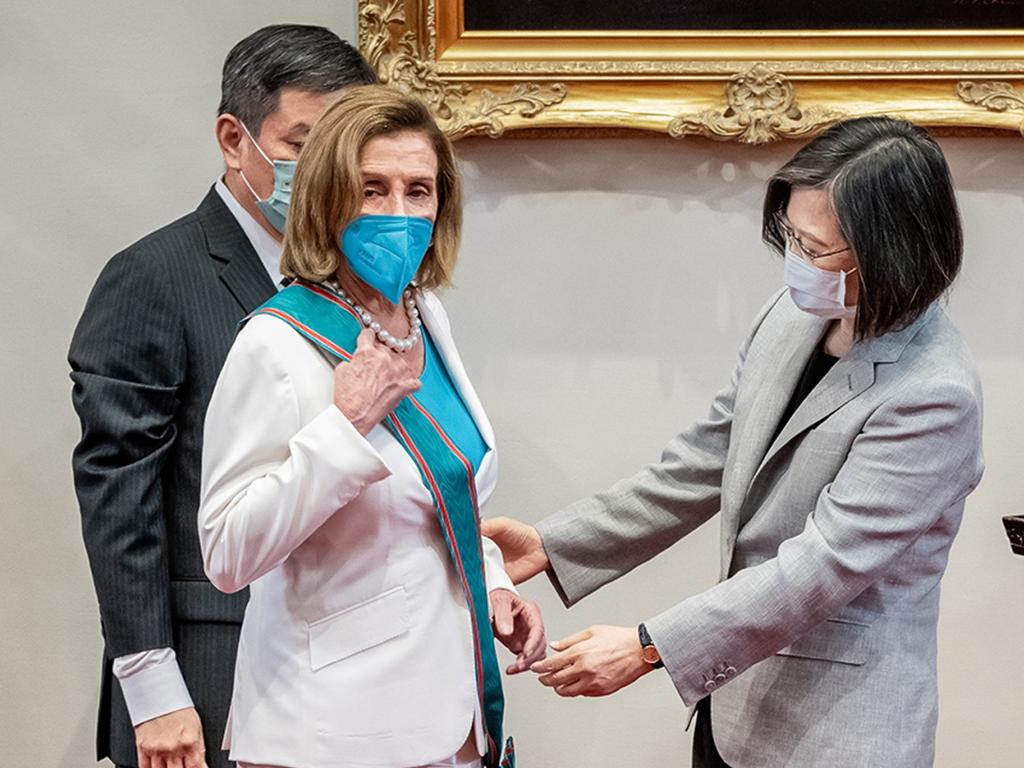



China and some voices in the West are condemning US House of Representatives Speaker Nancy Pelosi’s visit to Taiwan as reckless and provocative.